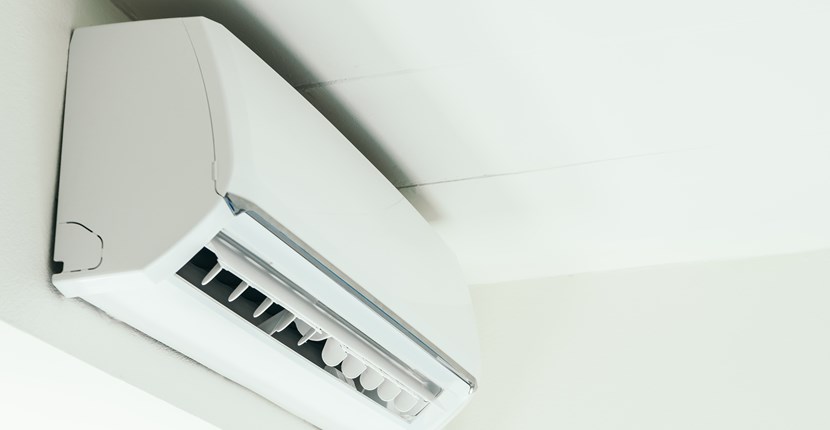Posted on 12 05 2021
What Heating Option Is Best for Your Home?

Wood burners
Wood burners are the classic heating option. Poorly insulated homes with high ceilings often benefit from this option.
Pros: Along with being aesthetically pleasing, wood burners are relatively cheap to install. As they use wood, they are considered a sustainable heating option.
Be mindful: These aren’t the most convenient way to heat your home, and some councils may require consent before you get one installed. While burning wood may be sustainable, wood burners actually have a high contribution to air pollution. If you are burning wood carelessly or using wet wood, you could actually be creating a health hazard to your home’s occupants. Not burning wood carefully could result in the pollution of people’s lungs.
Young children also need to be supervised closely around wood burners as the surface can get extremely hot.
Unlike other heating options, wood burners don’t have automatic or control features.
Wood pellet burner
Wood pellet burners were created to combat the inconveniences caused by wood burners. However, they aren’t without their faults.
Pros: Wood pellet burners are a good environmental option as the pellets are made from recycled material. Unlike wood burners, they have heat control, giving you more control around temperature and timing. Wood pellet burners are also ‘clean-burning,’ which means they have minimal wastage, so you know your pellets will be used well.
Be mindful: You will need building consent from your local council for installation. If you’re trying to get your home heated straight away, this could cause significant delays, which may even result in a rejection if the council isn’t satisfied.
Wood pellet burners are bulky and will take up a lot of space. They also require more regular maintenance than other heating options. The combustion chamber will need to be cleaned weekly or even daily, depending on the model. While you will be able to do some of this yourself, wood pellet burners are complex by nature, and homeowners won’t be able to do everything. A certified technician will have to perform routine maintenance a few times a year, which can be disruptive and costly.
Even those pellets, as environmentally friendly as they are, can sometimes be hard to come by. No pellets mean no heat. And no heat means an unhealthy home and an unhappy homeowner.
Portable heaters
As heating options go, portable heaters are the most controversial. Let’s take a look at some of the pros and cons.
Pros: Portable heaters are suitable for small rooms, are very cheap, and require no installation.
Be mindful: In terms of cost, while the initial price tag looks cheap, they actually use a lot of electricity and can end up being more costly than anticipated.
The thermostats on portable heaters aren’t always the most accurate, so you may not have as much control over them as you think.
The biggest downside to portable heaters is how hazardous they can be. Like wood burners and pellet burners, they require your attention whenever in use. You should never leave one on if you are out of your home or asleep. If left unattended, these heaters pose a high risk for fire or burns. Even though more modern appliances will have automatic settings and turn off when the room reaches its desired temperature, not all models will have this feature (especially the really cheap ones).
Heat pumps
Heat pumps are an ideal, cost-effective, and easy heating solution. These devices work by taking heat from the outside and transferring it back inside your home, using a sophisticated compressor.
Pros: The best thing about heat pumps is they can be used all year round! Since most heat pumps work on ‘reverse-cycle, they can be used for heating in the winter and cooling in the summer.
They can be installed on the wall or as a stand-alone unit on the ground. When used properly, they can achieve low running costs and will produce heat instantly. You will have complete control over temperature and timing. Unlike most heating options, heat pumps pose little to no fire risk, so you can feel safe using them unattended in your home.
Be mindful: Size and location matter when it comes to the effectiveness of heat pumps. It’s important you have a professional technician advise you on the best heat pump solution for your home.
While there are many heating options for your home, heat pumps are the safest and most cost-effective. You may even be eligible for a subsidy of 90% or more.
As expert installers, the Greenside team can recommend, supply, and install the best heat pump solution for your home.